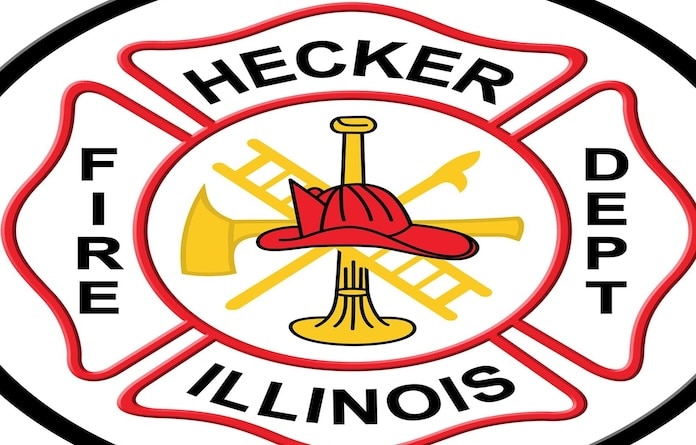County board talks EMS services
The Monroe County Board met Tuesday morning at the courthouse in Waterloo.
Monroe County Ambulance Director Carla Heise briefed the board on plans to replace aging ambulances that serve the county. Possibilities being examined include purchasing truck chassis and transferring existing “boxes” to the new truck, buying new “boxes” separately or purchasing whole units.
Heise told commissioners several factors were being considered. They include initial costs, fuel consumption and maintenance differences between gas and diesel powered vehicles, as well as how well competing proposals meet a total requirements package.
She noted that at the same time costs are increasing, the service has been notified that Medicare and Medicaid reimbursable amounts are slated to drop by two percent.
The ongoing issue of overtime labor costs was raised by the board. Heise explained there are two types of overtime costs. One is associated with paying on-duty employees serving an ill or injured person when their shift ends. The other is the requirement to balance staff and schedules, and relative costs of full-time and part-time personnel.
Acknowledging that costs are escalating, the commissioners called for increased efforts to better control overtime costs.
“The status quo is unsustainable,” Commissioner Mike Kovarik said. “We need to exhaust all approaches to saving.”
Monroe County Board Chairman Delbert Wittenauer caveated the guidance, however, by saying “cutting service and quality of care is not an option.”
Wittenauer closed the ambulance services discussion by observing that the county may be in a awkward phase. “Too big and too small at the same time,” he said, with some fixed costs not adequately offset by service fees.
“We need to do all we can. If we have to go to a referendum to increase taxes for ambulance service, we can consider that. I think the county appreciates the service they receive. But we need to do all we can first,” he concluded.
Oak Hill Care Center Administrator Kim Keckritz fielded compliments from board members for superb results the facility has achieved recently.
She also described emerging requirements to develop, implement and then monitor a corporate compliance program as part of the new Affordable Care Act. They address two primary issues: accurate and proper billing, and quality of care afforded to residents.
She noted there are several ways to approach this requirement, but an existing relationship that includes cooperation with other similar facilities to build on best practices, as well as one that helps ensure compliance locally seems to be the best approach. This includes a contract with Management Performance Associates, a firm that has been utilized by Oak Hill to help them run the facility most efficiently.
While there are costs associated with complying with requirements, Keckritz noted that doing so should return results in the form of better efficiencies and resident care.
The board continued its discussion of refinancing bonds for Oak Hill to take advantage of reduced interest rates available now. The discussion focused on relative merits of continuing with the bonding firm of Bernardi and seeking competitive bids for the service.
No action was taken at this time.






